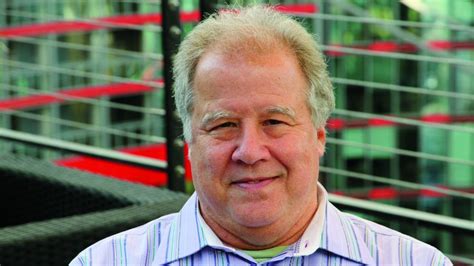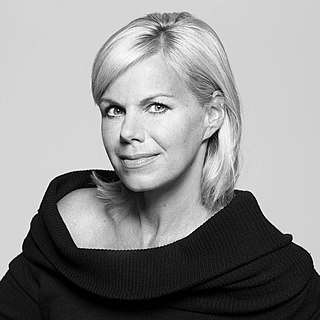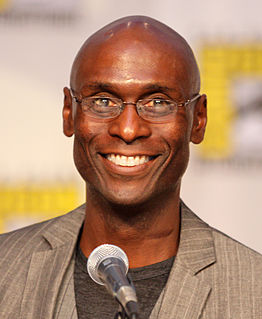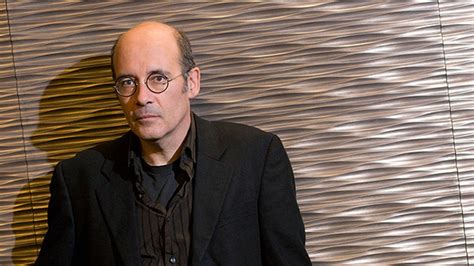A Quote by Tom Ford
When I was a little kid, all I wanted to do was to escape what I thought was the country and get to a city. Probably film and television had influenced me so much, I really thought the key to happiness was living a very artificial life in a penthouse in New York with martini glasses.
Related Quotes
I got into television criticism because I thought it would be easier than film criticism. Film, you had to know 100 years of history, and TV you only had to know 40 when I started. And I thought, "Well, that's going to be so much easier." But film stayed pretty much the same. And television has changed so many times that my head hurts. So I made the wrong call there.
My father did think I should get interested in television. But I had very little interest in television and it wasn't something I wanted to do. I really never thought about going to work on big feature films in Hollywood. But when we made The Householder, Columbia Pictures bought it. Who would have ever imagined?
In 1998, Vanity Fair asked me to write a big piece for them on the 50th anniversary of the New York City Ballet. My life, to a great extent, had been spent at and with the New York City Ballet, and I decided to try it. It was very scary, writing about something I loved so much and had such strong opinions about.
I was coming from a theater background. I had an obsession with classic film and cool, interesting, intelligent television. I didn't really understand the way the mainstream television industry worked. I just thought "The wire is so good that it's going to be a huge hit, and we'll get awards up the yin-yang forever." That's what I thought!
I thought of New York as a free city, like one of those prewar nests of intrigue and licentiousness where exiles and lamsters and refugees found shelter in a tangle of improbable juxtapositions. I had never gotten around to changing my nationality from the one assigned me at birth, but I would have declared myself a citizen of New York City had such a stateless state existed, its flag a solid black.
When I lived in New York, there wasn't as much TV or film around. I got asked to do a couple of indie films, just based on me being from The Smashing Pumpkins and A Perfect Circle. I did a couple of indie movies from Japan and one from Canada, and I thought it was an exciting, fun thing to do. I had a great time doing it, it was just that, in New York, there really wasn't as much. My studio in New York closed, so I moved out to L.A. and just started looking into composing as another thing to do, as a musician. I like it a lot. It's fun and it's a different way of thinking about music.
When I lived in Pinetop I just wanted to leave - I thought the city was where I belonged. But now that I'm living in the city, I love it for what it is. It's brought me closer to my art and put me in the right place as far as having people around me. It's very inspiring, but I miss our little town. There's something very simple and beautiful about growing up in a small place. That's where my heart is, for real.
Mortal City was really influenced by geography. [The song] "The Ocean" is the Pacific Northwest. Southern California and New York also figure into songs, and Iowa. "February" is very much about New England. "Mortal City" is Philadelphia. The whole album is this anthropomorphized landscape where the metaphors live in this geography.







































